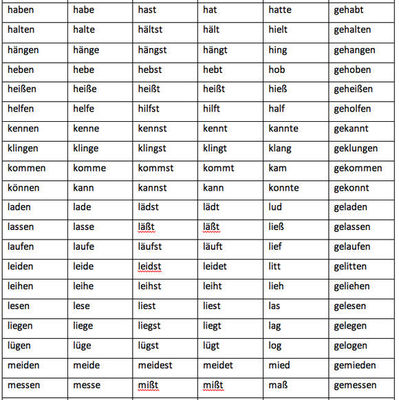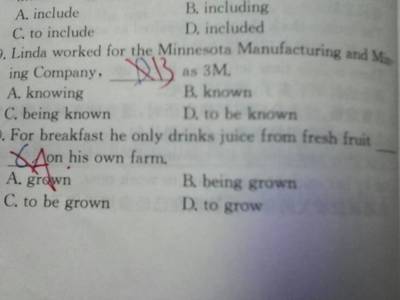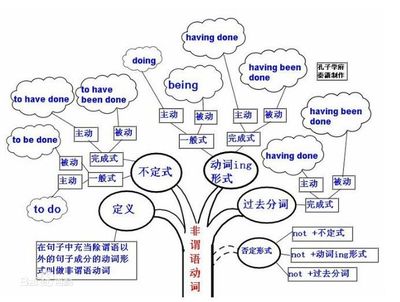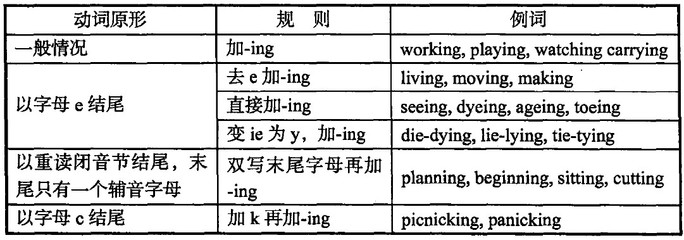一、由表示“平均”、“每一”意义的名词短语充当状语。
1) 我们每天六节课:上午四节,下午两节。
We often have six classes every day: four in the morning and two in the afternoon.
2) 综英老师要求每个学生每学期至少交四篇作文和一篇调研报告。
The Comprehensive English teacher requests that each student should submit at least four compositions and one research report every term.
3) 由于地价和建筑材料的成本上涨,市区房产的均价比去年同期每平方米涨了三至四千元。
As a result of the appreciation of land and building materials, the average price of housing in the City Proper has increased three to four thousand yuan per square meter compared with that of the same period last year.
4) 每天一个苹果,医生奈我何?
An apple a day keeps the doctor away.
二、由指示代词“this”、“that”、“these”和“those”修饰的名词短语充当状语。
5) 本学期晚些时候,我们将举行一次英语综合技能大赛。
Later this term, we will organize an English Comprehensive Skills Contest.
6) 你这些日子躲到哪里去了?我怎么总看不到你呢?
Where have you been all these days? Why haven’t I seen you?
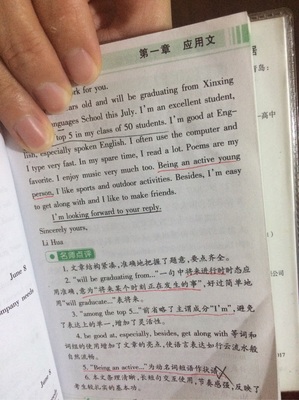
7) 那天,在回家的路上,我不幸被扒手偷了手机。
That day, on my way home, a pickpocket stole my mobile phone
三、在表示方式的名词短语“the American way”、“the British way”中,介词“in”通常被省略。
8) 要学会讲一口地道的美国英语,最好的办法是去美国生活一段时间。
The best way to learn to speak English the American way is to spend some time in the USA.
9) 我在英国伦敦期间,讲的就是英国英语;可是,回到广州不久,就开始讲起了中国式英语了。
I spoke English the British way when I was in London, but soon after I returned to Guangzhou, I began to speak Chinese English.
四、在表示“当~的时候”或者“一~就~”意思的名词短语用作连词。
10 ) 每天晚上,我一回到宿舍就发现同学们都睡觉了。
I find my roommates sound asleep the moment I get back to my dorm every night.
11) 我一到达北京就打你电话。
I will ring you up the moment I arrive in Beijing.
五、以“other”修饰的时间名词
12)那天在学校的英语角,我遇到他,并与他成为好朋友。
The other day, at the English corner on campus, we met each other and became good friends.
 爱华网
爱华网